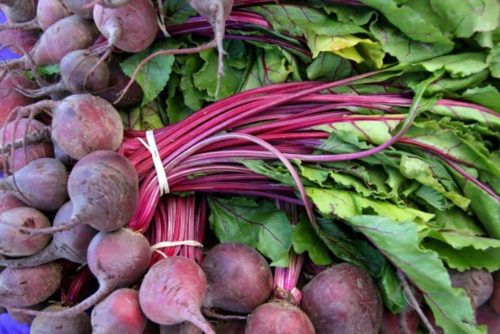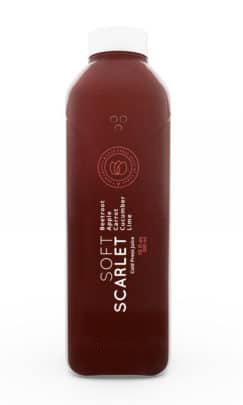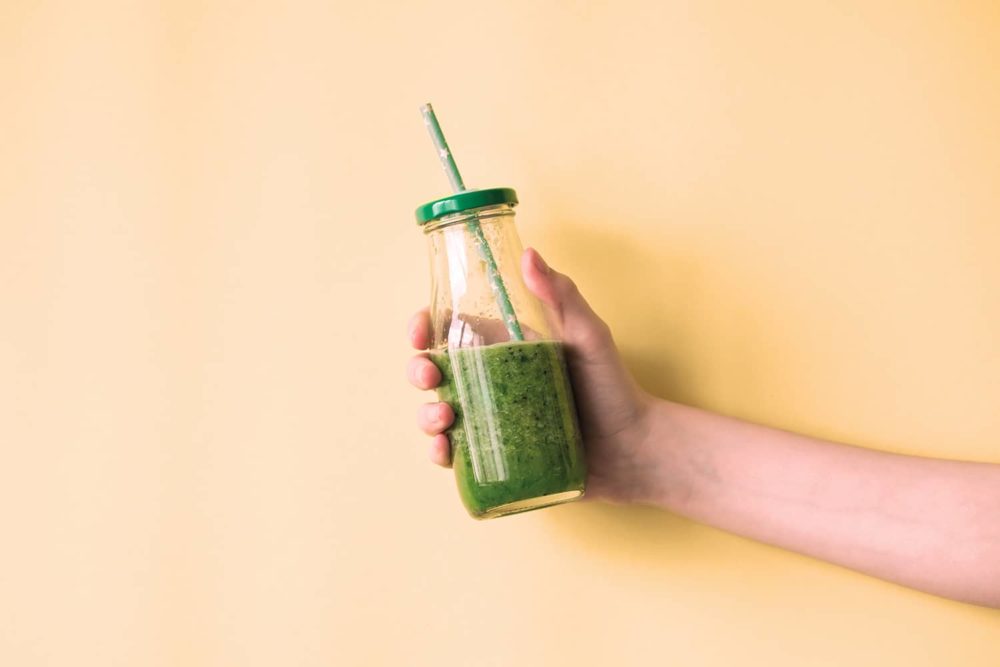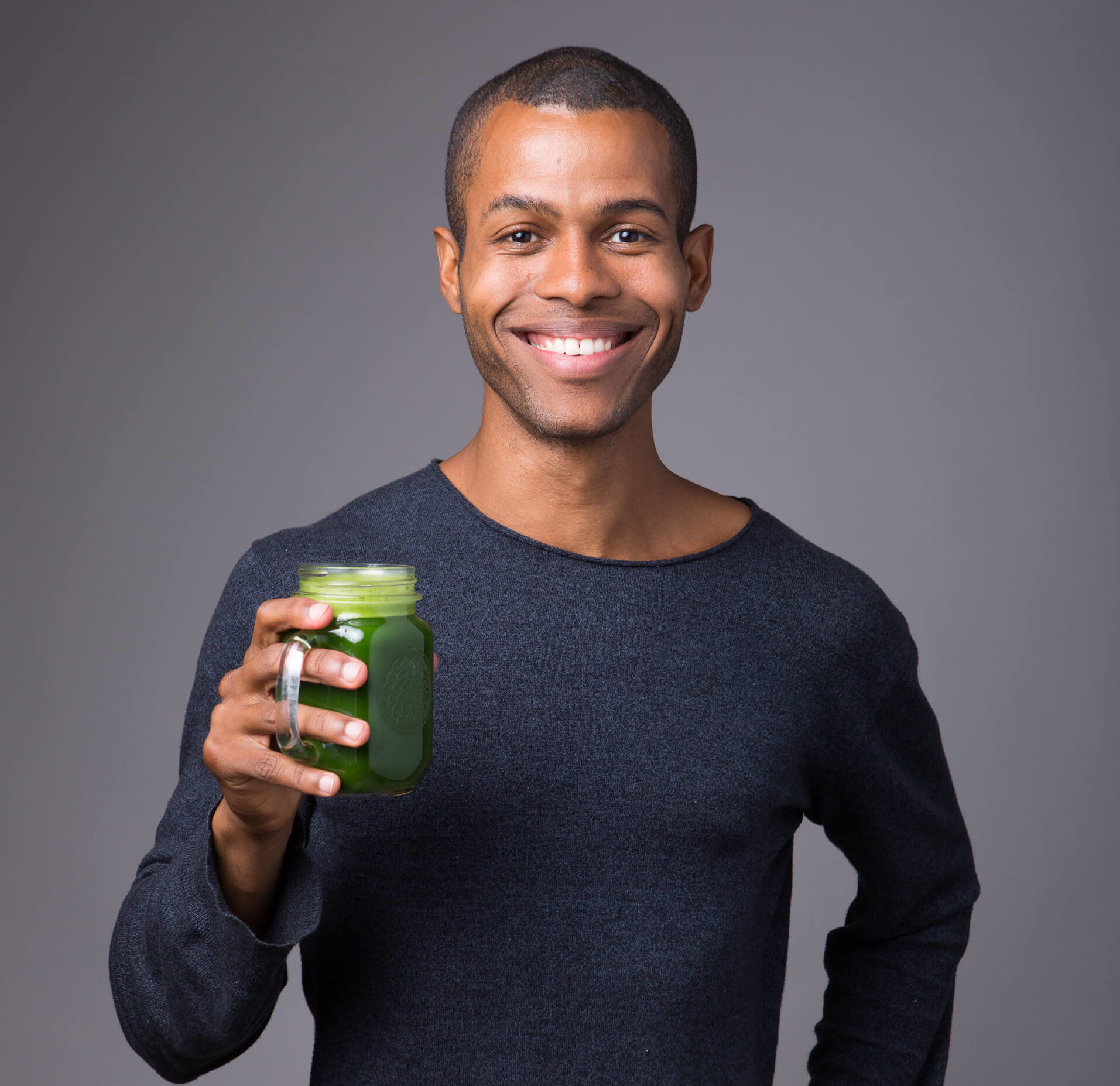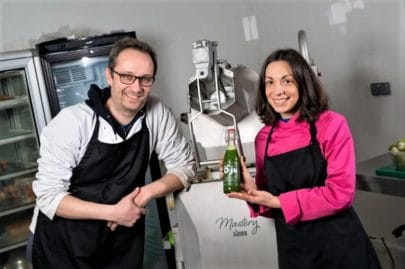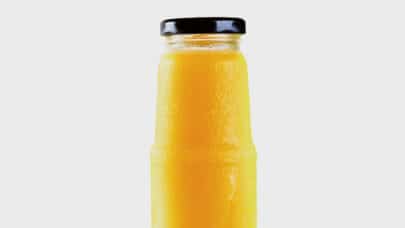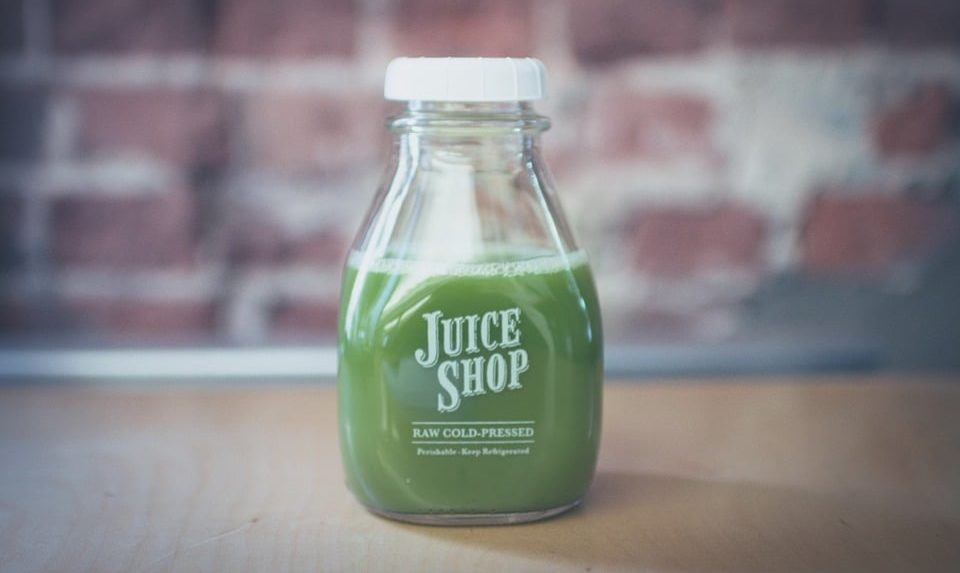
Raw juice vs juice from concentrate
To process or not to process… That is the question. In this article I am going to share some insights into the pros and cons of raw juice and processed juice. Take note!
As a business owner there are many implications in exploring one route or the other. First, let’s begin with the definition of what constitutes a juice that would be considered completely Raw.The term raw implies that the fundamental nature juice has not been compromised. It has gone through a process that has helped the juice maintain as much of it’s nutrients, minerals and enzymes as possible. It has not been heated, pressurized and has no additives or unnatural preservatives.
Now we will get into more depth around the benefits of this kind of juice in respect to quality and customer benefit in a moment, but before we do that, let’s discuss what does it mean to pasteurize juice.
If you search on google, you will get a definition that reads something like this “a process of partial sterilization, especially one involving heat treatment or irradiation, thus making the product safe for consumption and improving its keeping quality.”
Now this is accurate but not the complete story. I will also get more into the implications, pros and cons of this later in the article as well.
What you need to know before you decide to do Raw Juice or Processed Juice?
Raw Juice is great, as mentioned before, because the nutritional benefits of this juice have not been compromised. One of the most significant reasons consumers drink raw juice is because of easy it is for the nutritional benefits of these products to enter the bloodstream and rest of the bodily systems.
In this way, a raw cold-pressed juice is going to give your customers the greatest health benefits.
It may interest you: Steps to offer organic juices in my business
Doesn’t it feel great to know that the product you are offering someone is actually helping them stay healthy and vital?
If you are in a market where your customers are really inspired to consume the highest quality product, offering raw juice could be a great benefit to them and to your business
-
Quality of taste
You can not compare the flavor of a raw juice or raw organic juice with one that is pasteurized. A completely Raw juice generally has a more vibrant taste due to the fact that the nutritional profile is still in tact. The flavor that someone experiences is corresponding to the depth and quality of nutrition inside of the product.
If you have ever had the joy of tasting the difference between a freshly picked organic homegrown strawberry vs a conventionally grown, mono cropped strawberry, you know the power and flavors that come from higher quality foods.
-
Another thing to consider…
Many raw juices also contain a spectrum of beneficial bacteria. But in consideration of this, these bacteria could potentially compromise the health of elderly people children or people with compromised immune systems. Depending on where you are located, your health department may require that you place a specific warning on juices that have not been pasteurized.
What’s a downsides to serving raw juice?
When offering a completely raw juice, you are going to have a reduced shelf life. Since the juice is raw, and in other words is still alive, the juice will go through a process of slow oxidation and fermentation (as all natural and living foods do). In this situation that process is usually sped up due to the fact that the fiber has been removed from whatever fruits or vegetables are in the recipe.
Do not miss this post: How long does fresh juice last? Techniques to extend its shelf life
This generally takes place over a 3 day people for raw juices that have been Cold-Pressed. This will vary depending on the exact recipe.
This means that you will need to be really on top of your production estimations to avoid any spoilage.
Now, why process or pasteurize?
Most often times companies will pasteurize their juice to extend the shelf life. Sometimes pasteurized juice can even be sold shelf stable. Meaning that it does not need to be refrigerated.
Operationally, this reduces a lot of risk because this juice can be considered safe for consumption up to 30 days or more.
That is a significant difference from 3 days with a raw juice. Most often, business owners who plan to distribute their juice in other retailers consider this approach for this very aspect alone.
On the other hand, this juice will not deliver the same valuable nutrition that a raw juice will.
What is the conclusion?
As a business owner or consumer, you have to consider what your primary goals are. Each approach has it’s pros and cons.
If your goals are to offer the highest quality, most flavorful juices, that are going to truly help your customers and clients thrive in their health goals you may want to consider serving them completely raw.
If your goals are to offer juices with the largest distribution and reach, you will likely need to consider pasteurizing or high pressure processing your juice.
Hope this information has been helpful.
About the Author
Andrew McFarlane
Andrew is the founder of the Start A Juice Bar agency. If you would like to have him and his agency support you in launching your juice bar you can speak to him directly at Andrew@startajuicebar.com
